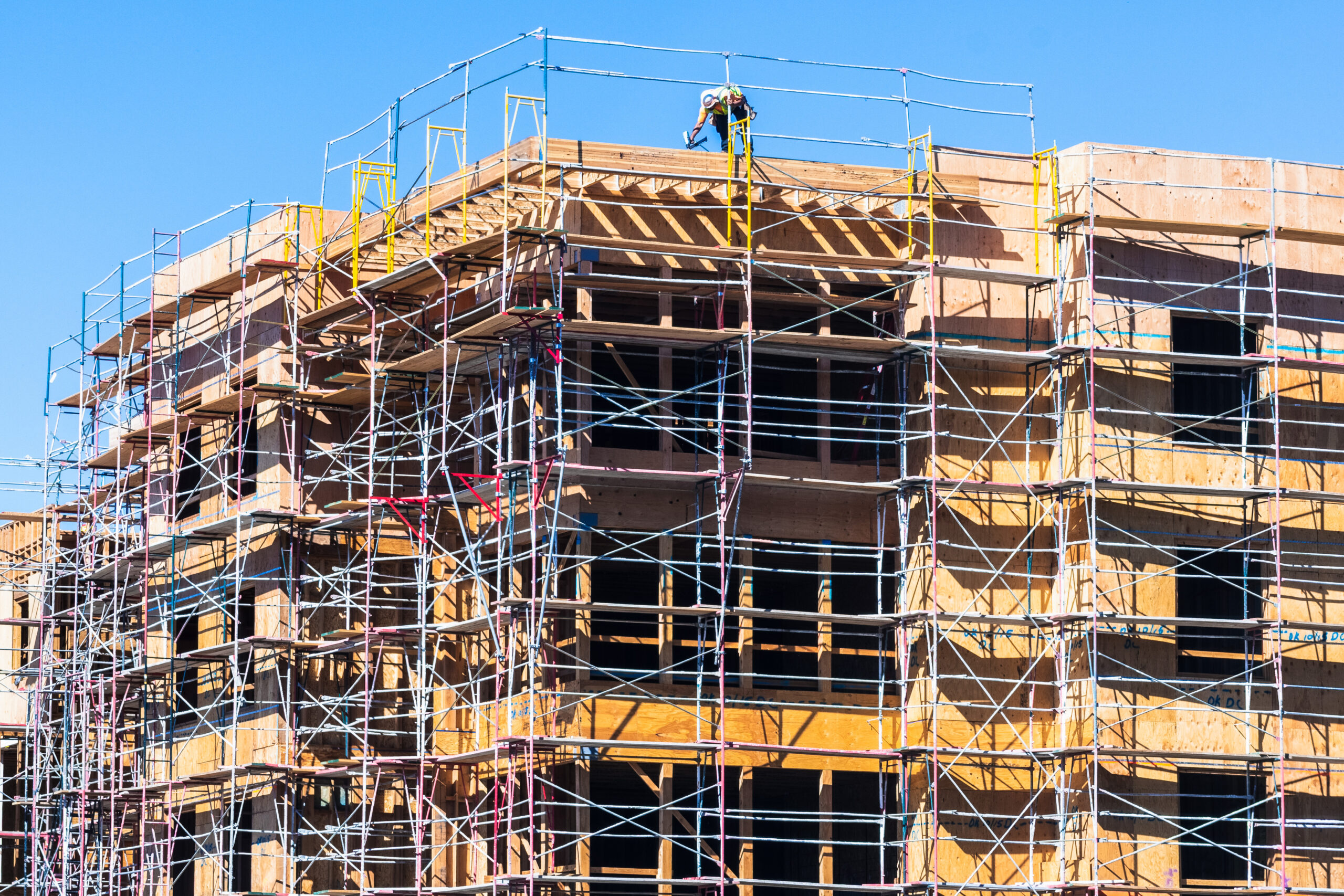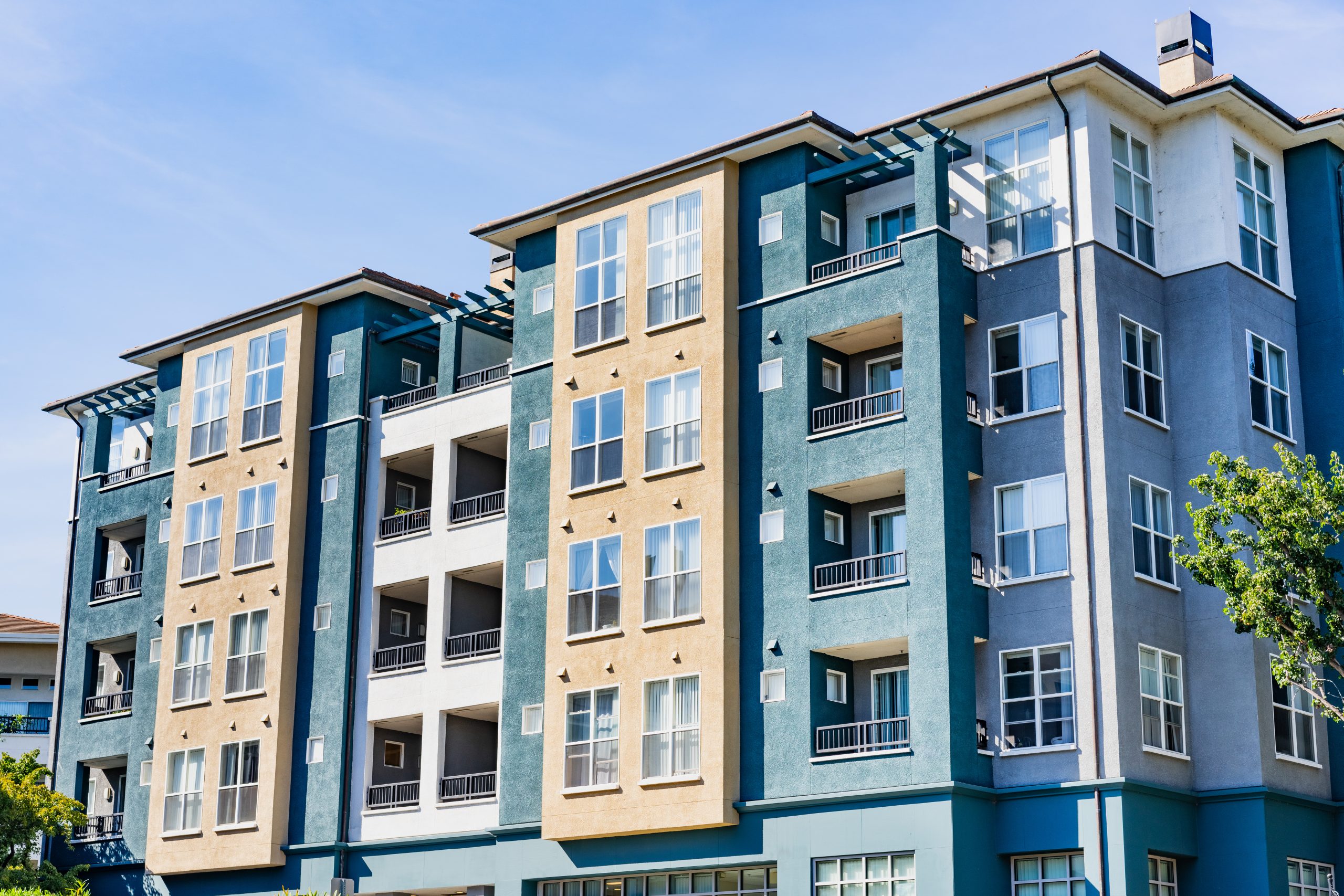Late last month, Supervisors Peskin and Safai introduced long-awaited legislation lowering San Francisco’s affordable housing requirements for certain approved and proposed projects, as well as reducing impact fees. This week’s alert summarizes the proposal as it currently stands.
Changes for pipeline projects
Sponsors of projects with 25 or more units that were or are approved before November 1, 2023 and have not received a first construction document (usually the architectural addendum)—so-called “pipeline projects”—are allowed to apply for a lower affordable housing obligation, additional time to obtain a site permit, and changes to density bonus law compliance.
The affordable rates are proposed to be reduced across the board as follows:
- Affordable housing fee. 16.4%, for both ownership and rental projects. If the project is in an area with a specific affordable housing fee, the applicable percentage is 54.5% of the rate for rental projects in the area or 16.4%, whichever is higher.
- On-site. 12% for both ownership and rental projects, with 8% for low-income, 2% moderate-income, and 2% middle-income. For projects in areas with specific on-site BMR requirements, the rate is 54% of the rate for rental housing projects in that area or 12%, whichever is higher.
- Off-site. 16.4%, for both ownership and rental projects. If the project is in an area with specific off-site BMR requirements, the applicable percentage is 54.5% of the rate for rental projects in the area or 16.4%, whichever is higher.
Project sponsors can also request an extension of performance periods for their projects up to May 1, 2029. The legislation does not require the City to extend all performance periods to May 2029, though. The current practice is for three-year extensions starting on the date of City approval.
The legislation has two “use it or lose it” provisions. First, the City needs to grant the request for reduced affordable rates by November 1, 2026. Because the deadline is not the date that the request is submitted to the City but the date of City approval, sponsors should make sure to apply comfortably before the end of the deadline. Also, sponsors need to get a first construction document—as noted above, usually the architectural addendum—on or before May 1, 2029.
Finally, density bonus pipeline projects are allowed to request modifications to the number and type of concessions, incentives, and waivers, as well as the number of affordable units. This recognizes that density bonus projects may need to adjust their compliance with the density bonus law if the project’s on-site affordable unit count decreases.
As noted above, sponsors must ask for a reduction; the changes do not apply automatically. Most projects will be approved by City staff administratively, assuming the Planning Commission agrees to delegate its authority. The legislation also would allow staff to extend the time to get a site permit, instead of going to the Planning Commission. Projects proposing “significant modifications” need to go to the Planning Commission, though. This includes projects whose unit count would change by more than 20%, floor area would change by more than 10%, and whose unit typology would change from dwelling units to group housing.
Projects entitled between November 2023 and November 2026
The ordinance would also reduce the affordable housing requirements for non-pipeline projects entitled between November 1, 2023 and November 1, 2026. The rates are proposed as follows:
- Affordable housing fee. 20.5%, for both ownership and rental projects. If the project is in an area with a specific affordable housing fee, the applicable percentage is 68% of the rate for rental projects in the area.
- On-site. 15% for both ownership and rental projects, with 10% for low-income, 2.5% moderate-income, and 2.5% middle-income. For projects in areas with specific on-site BMR requirements, the rate is 68% of the rate for rental housing projects in that area.
- Off-site. 20.5%, for both ownership and rental projects. If the project is in an area with a specific off-site requirement, the applicable percentage is 68% of the rate for rental projects in the area.
These projects also have a “use it or lose it” provision: their first construction document needs to be received within 30 months of entitlement approval or approval on appeal, whichever happens later, and building permit approval for projects that do not require discretionary entitlements.
Permanent affordable housing changes
The ordinance would make a third and permanent change to San Francisco’s affordable requirements:
- Affordable housing fee. For projects with 25 or more units, 27% for condos and 24.5% for rental projects.
- On-site. 15% for projects with 10-24 units. For projects with 25 or more units, 20% for condos and 18% for rentals. Condos need to be 10% low-income, 5% moderate income, and 5% middle income. Rentals need to be 10% low-income, 4% moderate-income, and 4% middle-income.
- Off-site. For projects with 25 or more units, 27% for condos and 24.5% for rentals. Condos need to have 12% low-income, 7.5% moderate-income, and 7.5% middle-income. Rentals need to have 12.5% low-income, 6% moderate-income, and 6% middle-income.
- UMU and Divisadero NCT. Different Affordable requirements would apply to UMU and the Divisadero NCT.
Starting in 2028, the on-site percentage would increase by 0.5% annually, up to a maximum of 26% for condo projects and 24% for rentals.
Impact fee reductions until November 2026
The ordinance also proposes to reduce most development impact fees by 33%, so long as the fees are assessed by November 1, 2026, and the project gets a first construction document within 30 months of entitlement approval or approval on appeal, whichever happens first, or building permit approval for projects that do not require discretionary entitlements. Pipeline projects need to receive a first construction document by May 1, 2029.
The schools fee—which is imposed by SFUSD and outside of the jurisdiction of the City itself—would not be reduced. And any Community Facilities Districts (aka Mello-Roos assessments) will continue to apply to qualifying projects in areas such as Central SOMA and the Transit Center District.
We will continue to track this important piece of legislation and its eventual implementation. In the meantime, please reach out to us with any questions about whether your project qualifies for a reduction and how to properly ask for and receive a reduction in a project’s affordable housing requirement.
Authored by Reuben, Junius & Rose, LLP Partner Mark Loper.
The issues discussed in this update are not intended to be legal advice and no attorney-client relationship is established with the recipient. Readers should consult with legal counsel before relying on any of the information contained herein. Reuben, Junius & Rose, LLP is a full service real estate law firm. We specialize in land use, development and entitlement law. We also provide a wide range of transactional services, including leasing, acquisitions and sales, formation of limited liability companies and other entities, lending/workout assistance, subdivision and condominium work.




